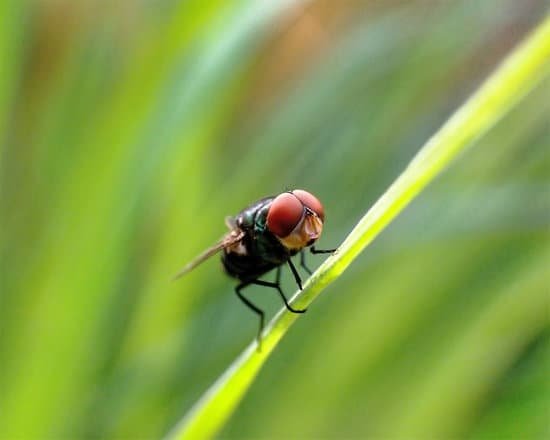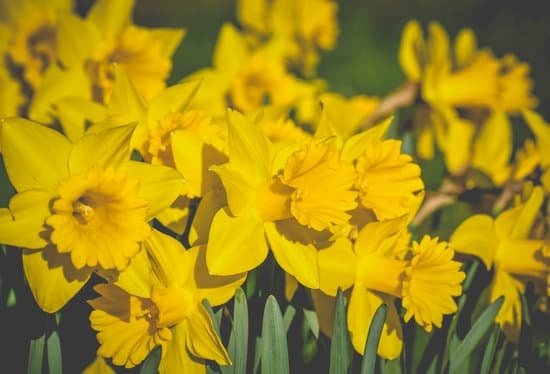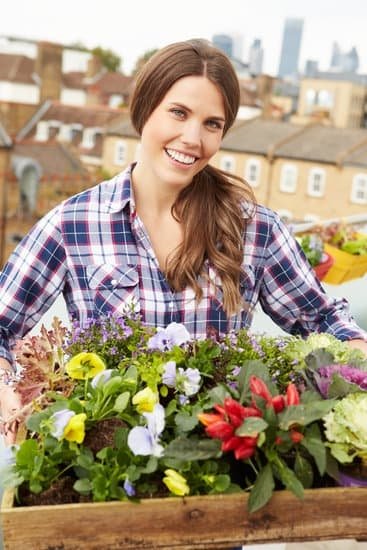Ter Gardeners Tomato Time Tips For Trying Container Gardening
If you are like most people, you have probably considered growing tomatoes in containers at some point. Container gardening can be a great way to garden if you have limited space, or if you want to garden in a location that does not have good soil.
When growing tomatoes in containers, it is important to choose a pot that is large enough to accommodate the plant’s roots. The pot should also have drainage holes in the bottom so that the soil can dry out between waterings.
Tomatoes need at least six hours of sunlight per day, so make sure to place your container in a location that will provide this amount of sunlight. You can also use a tomato cage or stake to help support the plant as it grows.
Tomatoes need plenty of water, so be sure to water them regularly. You can tell if the soil is dry by sticking your finger in the soil. If the soil is dry, then it is time to water the plant.
To help ensure a good harvest, be sure to fertilize the tomatoes regularly. You can use a water-soluble fertilizer, or you can add compost to the soil.
If you follow these tips, you should be able to have a successful tomato garden in containers.
Tomato Container Gardening Tips
Container gardening is a great way to garden if you don’t have a lot of space, or if you want to garden in a location where the soil is poor or you don’t have easy access to soil. Tomatoes are a great crop to grow in containers, and with a few simple tips, you can have a successful tomato container garden.
The first thing you need to do is choose the right container for your tomatoes. A container that is at least 12 inches deep and 12 inches wide is ideal. You can use a larger container if you have space, but make sure it has plenty of drainage holes so the soil can drain properly.
Next, you need to choose a soil mix for your tomatoes. A soil mix that is high in organic matter is best, as it will provide the nutrients your tomatoes need. You can make your own soil mix, or you can buy a pre-made mix from your local garden center.
Once you have your container and soil mix, it’s time to plant your tomatoes. Start by adding a layer of soil to the bottom of your container. then place the tomatoes in the container, making sure to bury the stems. Add more soil around the plants, and then water them well.
Now it’s time to fertilize your tomatoes. A balanced fertilizer such as 10-10-10 or 12-12-12 is ideal. Fertilize your tomatoes once a week, using the recommended dosage on the fertilizer package.
To keep your tomatoes healthy and productive, be sure to water them regularly. Tomatoes need at least 1 inch of water per week, so make sure to water them deeply.
If you live in a hot climate, you may need to provide some shade for your tomatoes. Place a shade cloth over your container garden, or use a tall plant such as a sunflower to provide shade.
With a little bit of care, you can enjoy a delicious harvest of homegrown tomatoes from your container garden.
Organic Container Gardening Tips
Container gardening is a great way to enjoy organic fruits and vegetables, even if you don’t have a lot of space. Here are a few tips to help you get started:
1. Choose the right container. Make sure your container has adequate drainage holes, and is large enough to accommodate the plants you plan to grow.
2. Choose the right soil. Use a good-quality organic potting mix that will provide the nutrients your plants need.
3. Choose the right plants. Not all plants are suitable for container gardening. Choose plants that are suited to your climate and that will grow well in the type of container you have chosen.
4. Water regularly.Container plants need regular watering, especially during hot weather. Be sure to water deeply, and avoid letting the soil dry out completely.
5. Fertilize regularly.Container plants need regular fertilizing, especially if you are using a soil mix that doesn’t contain many nutrients. Use a high-quality organic fertilizer, and follow the instructions carefully.
6. Mulch regularly.Mulching your container plants will help to keep the soil moist and the weeds at bay. Use a good quality organic mulch, such as bark chips or compost.
7. Prune regularly.Container plants need to be pruned regularly to keep them healthy and looking their best. Prune off dead or unwanted branches, and pinch off the tips of young plants to encourage them to grow bushier.
8. Protect from frost.Container plants can be damaged or killed by frost, so be sure to bring them inside if the temperature is likely to drop below freezing.
Container Gardening Tips Plans
for a Successful Container Garden
Container gardening is a great way to enjoy plants whether you have a green thumb or not. You can grow a variety of plants in containers, including vegetables, flowers, and herbs. Here are some tips for planning and planting a successful container garden.
Choosing a Container
The first step in creating a container garden is to choose a container. You can use any type of container, but it’s important to choose one that is large enough to accommodate the plants you want to grow. Be sure to consider the size of the plant’s root system when selecting a container.
When selecting a container, it’s also important to consider the type of soil you will be using. If you are using a potting mix, be sure to choose a container that is designed for potting mix. If you are using garden soil, you can use any type of container, but it’s important to choose one that is large enough to hold the soil.
Choosing a Location
Once you have chosen a container, you need to decide where to place it. Be sure to select a location that receives plenty of sunlight. If you are growing vegetables, be sure to place the container in a location that receives at least six hours of sunlight each day.
Planting the Container Garden
Once you have selected a container and a location, you are ready to plant the garden. Be sure to read the plant labels to determine the recommended planting depth. Dig a hole in the soil that is the same depth as the plant’s root system and place the plant in the hole. Fill in the hole with soil and water the plant well.
Be sure to keep the plants well watered during the summer months. You can use a garden hose or a watering can to water the plants. If you are growing vegetables, you will need to water the plants regularly, especially if you are using a potting mix that does not contain any moisture-retaining ingredients.
Container gardening is a great way to enjoy plants whether you have a green thumb or not. You can grow a variety of plants in containers, including vegetables, flowers, and herbs. Here are some tips for planning and planting a successful container garden.
When selecting a container, it’s important to consider the type of soil you will be using. If you are using a potting mix, be sure to choose a container that is designed for potting mix. If you are using garden soil, you can use any type of container, but it’s important to choose one that is large enough to hold the soil.
Be sure to select a location that receives plenty of sunlight. If you are growing vegetables, be sure to place the container in a location that receives at least six hours of sunlight each day.
Dig a hole in the soil that is the same depth as the plant’s root system and place the plant in the hole. Fill in the hole with soil and water the plant well.
Be sure to keep the plants well watered during the summer months. You can use a garden hose or a watering can to water the plants.
Container Gardening Tips Tomatoes
, peppers and other vegetables that like lots of sun need lots of direct sun. If you don’t have a garden, or your garden doesn’t have enough sun, consider container gardening.
Container gardening is a great way to garden if you don’t have a lot of space or if you don’t have a lot of sun. You can grow tomatoes, peppers, eggplant, herbs, and other vegetables in containers on your porch, deck, or patio.
Choose the right container. You’ll need a container that is at least 12 inches deep and has drainage holes. You can use a plastic container, a clay pot, or a wooden box.
Choose the right soil. You’ll need soil that is light and fluffy and that drains well. You can buy soil at a garden center, or you can make your own by mixing equal parts of sand, peat moss, and compost.
Choose the right plants. You can grow tomatoes, peppers, eggplant, herbs, and other vegetables in containers. Be sure to read the labels on the plants to make sure they are suited for growing in containers.
Plant the plants. Be sure to plant the plants in the soil so the top of the plant is at the same level as the soil.
Water the plants. Be sure to water the plants regularly, especially if you are growing them in a hot, sunny spot.
Feed the plants. You can feed the plants with organic or synthetic fertilizer. Be sure to follow the directions on the package.
Prune the plants. You can prune the plants to keep them healthy and to encourage them to grow.
Harvest the vegetables. You can harvest the vegetables when they are ripe.

Welcome to my gardening blog! I am passionate about plants and enjoy sharing my knowledge and experiences with others. In this blog, I will write about everything related to gardening, from tips on how to get started to updates on my own garden projects.





